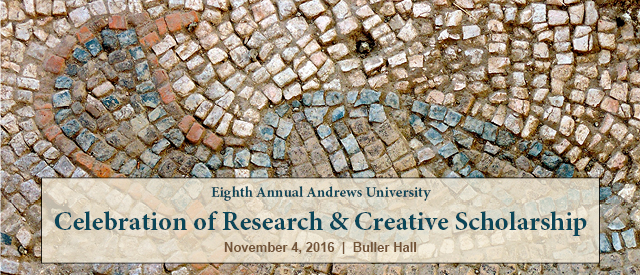The Fullness of the Heart: Internalization of Religion and Well-Being
Presenter Status
Professor of Psychology, Behavioral Sciences Department
Preferred Session
Oral Session
Presentation Abstract
Religiosity is often defined by frequency of attendance at religious services, or self-reports of personal importance of religion. While these are measures that allow for comparison across very different forms of religious belief, I will propose that there is value in understanding religion from a multi-level behavioral sciences perspective that examine not only individual religious behavior, but also the community context that defines what actions matter for belonging.
I will do this by introducing a psychological theory of motivation that defines internalization as a function of moving from controlled to autonomous regulation of motivation for some particular behavior. I will then use a variety of visualization techniques to examine internalization of common Christian low-cost behaviors and specific high cost behaviors among Seventh-day Adventists, focusing particularly on different levels of internalization among emerging Seventh-day Adventist adults (age 18-25—a cohort that has a higher likelihood of disaffiliation from the Seventh-day Adventist church. I will argue that the data supports investment in religious communities in internalizing those behaviors that allow belief to be translated into belonging.
The Fullness of the Heart: Internalization of Religion and Well-Being
Religiosity is often defined by frequency of attendance at religious services, or self-reports of personal importance of religion. While these are measures that allow for comparison across very different forms of religious belief, I will propose that there is value in understanding religion from a multi-level behavioral sciences perspective that examine not only individual religious behavior, but also the community context that defines what actions matter for belonging.
I will do this by introducing a psychological theory of motivation that defines internalization as a function of moving from controlled to autonomous regulation of motivation for some particular behavior. I will then use a variety of visualization techniques to examine internalization of common Christian low-cost behaviors and specific high cost behaviors among Seventh-day Adventists, focusing particularly on different levels of internalization among emerging Seventh-day Adventist adults (age 18-25—a cohort that has a higher likelihood of disaffiliation from the Seventh-day Adventist church. I will argue that the data supports investment in religious communities in internalizing those behaviors that allow belief to be translated into belonging.




Acknowledgments
Portions of this work were supported by an Undergraduate Research Scholarship award to Paola Caceres, the General Conference of Seventh-day Adventists, and the Institute for Prevention of Addiction.